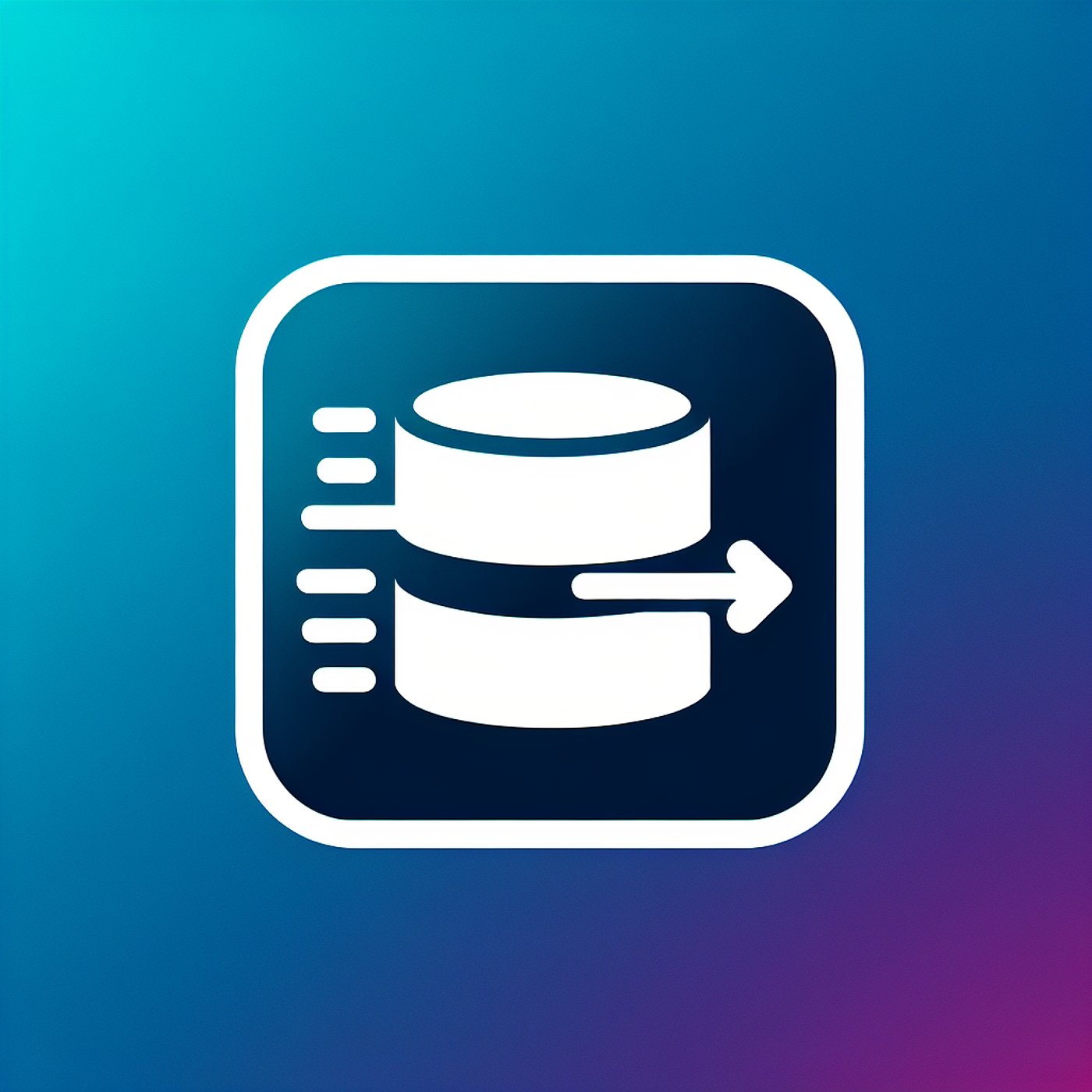
Boosting PostgreSQL Performance with pgstream Snapshots
Description
In this episode, we explore the intricacies of optimizing pgstream snapshots for PostgreSQL with expert Esther Minano Sanz. Discover how targeted improvements can enhance bulk data loads and manage complex schemas effectively. We delve into the fundamentals of pgstream, a powerful open-source Change Data Capture tool, and discuss the critical snapshot process that captures a consistent view of the database. Esther shares key techniques, including leveraging pg_dump and pg_restore for schema management, utilizing PostgreSQL’s transaction snapshot mechanism for efficient data reading, and implementing parallelism for faster operations. Tune in to learn valuable insights on performance optimization strategies that can significantly impact your database replication processes!
Show Notes
## Key Takeaways
1. Pgstream is an open-source tool that supports PostgreSQL replication and captures changes effectively.
2. Optimizing the snapshot process is crucial for maintaining performance during data loads.
3. Leveraging existing tools like pg_dump and pg_restore can simplify schema management.
4. Parallelism in data reading enhances efficiency, allowing for faster operations.
5. Tuning performance based on specific use cases is essential for effective database management.
## Topics Discussed
- Introduction to pgstream
- Importance of snapshot performance
- Steps in the snapshot process
- Utilizing pg_dump and pg_restore
- Parallel data processing techniques
- Lessons learned in performance optimization
Topics
Transcript
Host
Welcome to the podcast! Today, we're diving into an interesting topic: speeding up pgstream snapshots for PostgreSQL. If you've ever worked with databases, you know how crucial performance can be. And who better to help us understand this than our expert guest, Esther Minano Sanz. Welcome, Esther!
Expert
Thanks for having me! I'm excited to share what we've been working on with pgstream.
Host
Great! So, let's start with the basics. What exactly is pgstream?
Expert
Pgstream is an open-source Change Data Capture tool that supports PostgreSQL replication, including schema changes. It helps in tracking changes to a database and replicating them downstream seamlessly.
Host
That sounds really useful! So why did you focus on optimizing snapshot performance?
Expert
The snapshot phase is critical for logical replication. It captures a consistent view of the source database, and if it takes too long, it can disrupt the onboarding process for large or busy databases.
Host
I see! What are the main steps involved in the snapshot process?
Expert
There are four main steps: capturing the source database schema, restoring that schema into the target database, reading data from the source, and finally writing that data into the target.
Host
That sounds pretty complex. You mentioned using pg_dump and pg_restore for schema management. How does that help?
Expert
Exactly! Instead of creating our own schema capture method, we decided to leverage pg_dump and pg_restore, which are trusted tools that handle schema management well. They give us the flexibility to tailor our schema dump based on specific needs.
Host
And what about reading and writing data? How does pgstream tackle that?
Expert
For reading data, we utilize PostgreSQL’s transaction snapshot mechanism, which allows us to get a consistent and read-only view of the database. This enables parallelism, letting us capture multiple table snapshots at once.
Host
Parallelism sounds powerful! Can you explain how that works?
Expert
Sure! We can scan partitions or specific row ranges using something called ctid, which indicates a row's physical location. This technique allows for efficient range queries without needing indexes, which speeds things up.
Host
That’s fascinating! And what about the writing process?
Expert
In our initial implementation, we batched multiple row events into transactions. However, we’ve refined that process to balance speed and resource usage by allowing users to configure the level of parallelism.
Host
So, it sounds like you’ve made some significant improvements. What lessons have you learned during this process?
Expert
We've learned the importance of leveraging existing tools and methodologies, focusing on modularity, and being able to tune performance based on specific use cases.
Host
Thanks for breaking that down, Esther! It’s clear that optimizing performance in these systems can be quite the journey.
Expert
Absolutely! And I hope that listeners now have a better understanding of how pgstream is evolving to meet the needs of users.
Host
For sure! Thanks for joining us today, Esther. And to our listeners, stay tuned for more insights in our upcoming episodes!
Create Your Own Podcast Library
Sign up to save articles and build your personalized podcast feed.